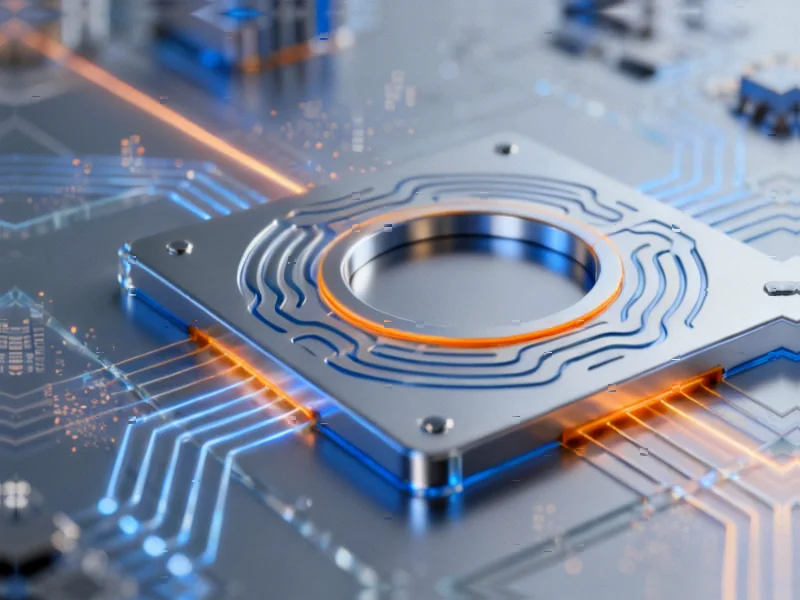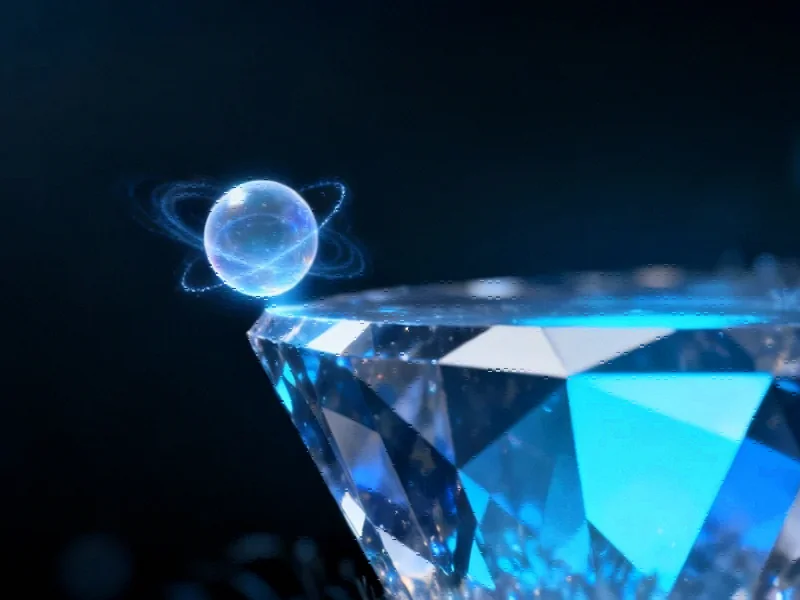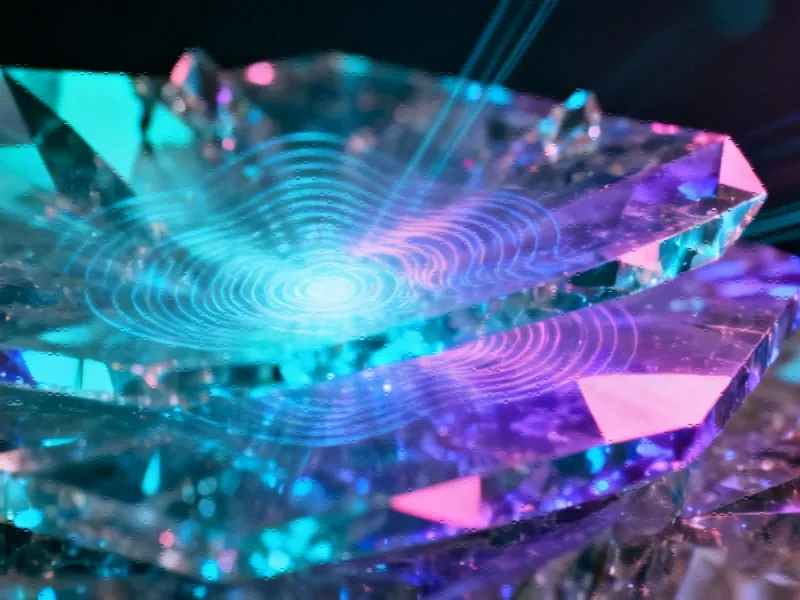Scientists Achieve Record-Breaking Coherence Times in Solid-State Nuclear Spin Qubits
Researchers have demonstrated individual nuclear spin qubits with coherence times exceeding one second, a major advancement for quantum computing. The breakthrough enables high-fidelity quantum operations using stimulated Raman transitions in solid-state systems.
Record-Breaking Quantum Coherence Achieved
Scientists have reportedly achieved a major breakthrough in quantum computing with individual solid-state nuclear spin qubits demonstrating coherence times exceeding seconds, according to research published in Nature Physics. Sources indicate this represents more than an order of magnitude improvement over previous records and positions nuclear spins as promising candidates for quantum memory and processing applications.



